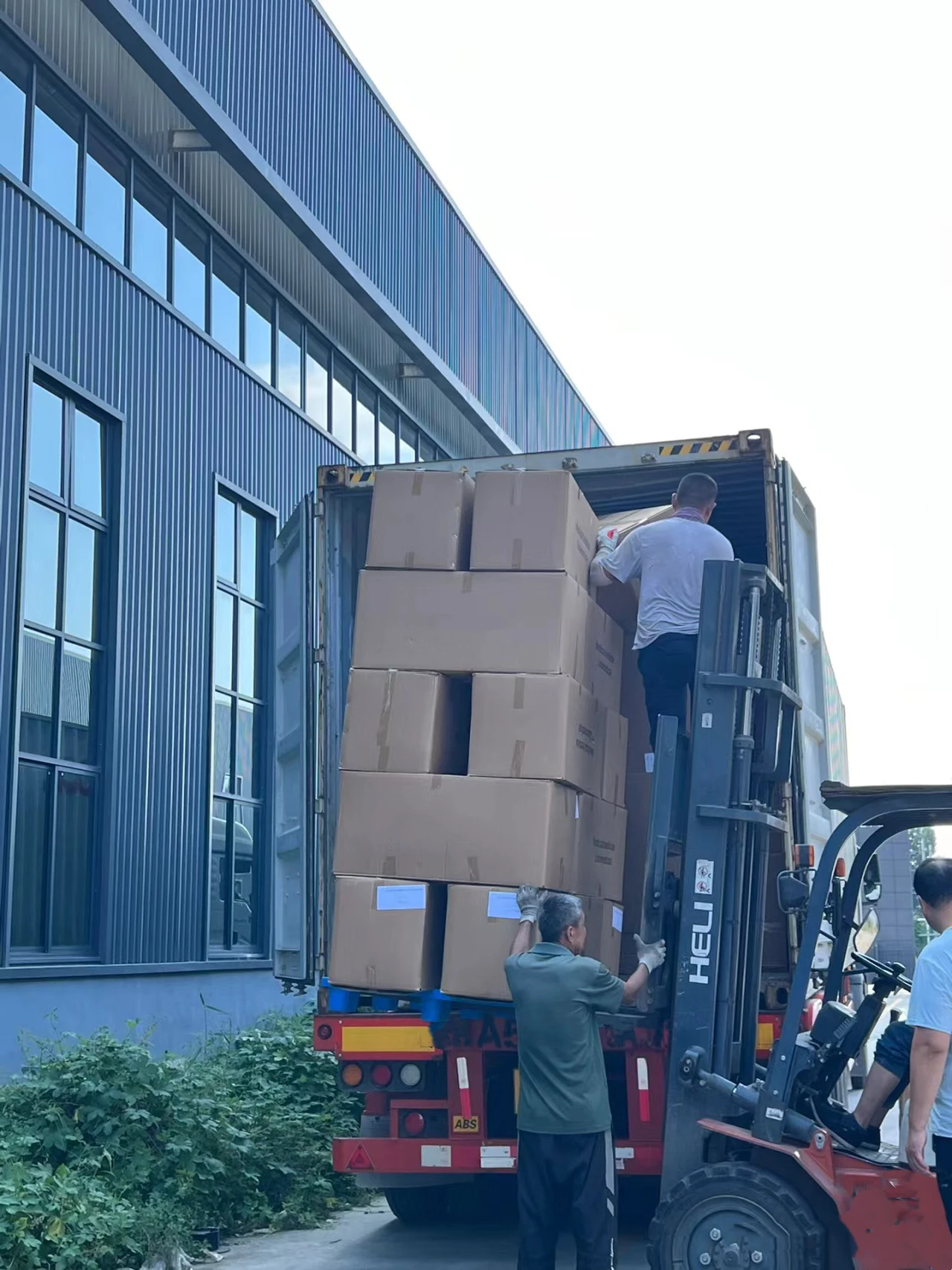- Afrikaans
- Albanian
- Amharic
- Arabic
- Armenian
- Azerbaijani
- Basque
- Belarusian
- Bengali
- Bosnian
- Bulgarian
- Catalan
- Cebuano
- Corsican
- Croatian
- Czech
- Danish
- Dutch
- English
- Esperanto
- Estonian
- Finnish
- French
- Frisian
- Galician
- Georgian
- German
- Greek
- Gujarati
- Haitian Creole
- hausa
- hawaiian
- Hebrew
- Hindi
- Miao
- Hungarian
- Icelandic
- igbo
- Indonesian
- irish
- Italian
- Japanese
- Javanese
- Kannada
- kazakh
- Khmer
- Rwandese
- Korean
- Kurdish
- Kyrgyz
- Lao
- Latin
- Latvian
- Lithuanian
- Luxembourgish
- Macedonian
- Malgashi
- Malay
- Malayalam
- Maltese
- Maori
- Marathi
- Mongolian
- Myanmar
- Nepali
- Norwegian
- Norwegian
- Occitan
- Pashto
- Persian
- Polish
- Portuguese
- Punjabi
- Romanian
- Russian
- Samoan
- Scottish Gaelic
- Serbian
- Sesotho
- Shona
- Sindhi
- Sinhala
- Slovak
- Slovenian
- Somali
- Spanish
- Sundanese
- Swahili
- Swedish
- Tagalog
- Tajik
- Tamil
- Tatar
- Telugu
- Thai
- Turkish
- Turkmen
- Ukrainian
- Urdu
- Uighur
- Uzbek
- Vietnamese
- Welsh
- Bantu
- Yiddish
- Yoruba
- Zulu
Nov . 08, 2024 14:22 Back to list
What Disinfectants Are Most Commonly Used by Veterinarians in Their Practices
The Disinfectants Used by Veterinarians A Comprehensive Overview
Veterinarians play a crucial role in maintaining animal health and preventing disease outbreaks, not only in animal populations but also in the communities they serve. One of the essential tools in their arsenal is the use of disinfectants. Understanding what disinfectants are used by vets and how they contribute to both animal and public health is critical for pet owners and livestock producers alike.
Importance of Disinfectants in Veterinary Practices
Disinfectants are chemical agents that are used to reduce or eliminate harmful microorganisms on surfaces, instruments, and equipment. In veterinary medicine, maintaining a sterile environment is vital for preventing infections and controlling the spread of diseases. This is particularly important in settings such as veterinary clinics, animal hospitals, and farms, where animals may carry pathogens that can easily transfer to other animals or even humans.
Types of Disinfectants Used by Veterinarians
Veterinarians utilize a variety of disinfectants, each specifically designed for different applications and microbial challenges. Some of the most common disinfectants include
1. Quaternary Ammonium Compounds (Quats) These are widely used in veterinary clinics due to their effectiveness against various bacteria, fungi, and some viruses. Quats are particularly favored for their low toxicity and ability to remain active on surfaces for extended periods, making them suitable for routine cleaning and disinfecting.
2. Bleach (Sodium Hypochlorite) Known for its broad-spectrum efficacy, bleach is a powerful disinfectant commonly used in veterinary settings, especially when dealing with outbreaks of infectious diseases like parvovirus in dogs or feline leukemia. However, bleach must be used with caution, as it can be corrosive and may damage certain surfaces if not diluted properly.
3. Phenolic Compounds These are effective against a wide range of bacteria and viruses and are often used in veterinary clinics for disinfecting surfaces and instruments. They are particularly useful in controlling more resistant pathogens, but they can have a strong odor and can be harmful to certain materials if not used correctly.
4. Hydrogen Peroxide This disinfectant is effective against bacteria, viruses, and fungi, making it versatile for use in veterinary practices. It is often utilized as a surface cleaner and can also serve as a skin antiseptic for animals. Its biodegradable nature makes it a more environmentally friendly option.
what disinfectant do vets use

5. Iodine Compounds Iodine-based disinfectants, such as povidone-iodine, are used for skin disinfection and surgical preparation. They provide broad-spectrum antimicrobial activity and are often used in preoperative cleaning to reduce the risk of surgical site infections.
Best Practices for Disinfection in Veterinary Settings
To effectively use disinfectants, veterinarians follow best practices that ensure maximum efficacy while minimizing risks to both animals and humans
. Some of these best practices include- Proper Dilution It is essential to follow manufacturer instructions regarding the dilution ratios for disinfectants like bleach. Improperly mixed solutions can either be ineffective or harmful.
- Contact Time Disinfectants require a specific amount of time to effectively kill microorganisms. Veterinary staff must ensure that surfaces remain wet with disinfectant for the recommended duration.
- Personal Protective Equipment (PPE) Veterinary staff should wear appropriate PPE, such as gloves and masks, when handling disinfectants to protect themselves from chemical exposure.
- Regular Training Continuous education on the latest disinfectant products and techniques helps veterinary professionals stay informed about effective practices and regulatory guidelines.
Conclusion
Disinfectants are an essential component of veterinary care, contributing significantly to infection control and overall animal health. By using the right disinfectants properly, veterinarians can help prevent the spread of diseases and protect the health of both animals and humans. Understanding the different types of disinfectants available, along with their applications and best practices, can empower pet owners and livestock producers to maintain a clean and safe environment for their animals. As science progresses, the development of new disinfecting agents and methods will continue to enhance the effectiveness of veterinary care, ensuring better health outcomes for all.
-
Guide to Oxytetracycline Injection
NewsMar.27,2025
-
Guide to Colistin Sulphate
NewsMar.27,2025
-
Gentamicin Sulfate: Uses, Price, And Key Information
NewsMar.27,2025
-
Enrofloxacin Injection: Uses, Price, And Supplier Information
NewsMar.27,2025
-
Dexamethasone Sodium Phosphate Injection: Uses, Price, And Key Information
NewsMar.27,2025
-
Albendazole Tablet: Uses, Dosage, Cost, And Key Information
NewsMar.27,2025













